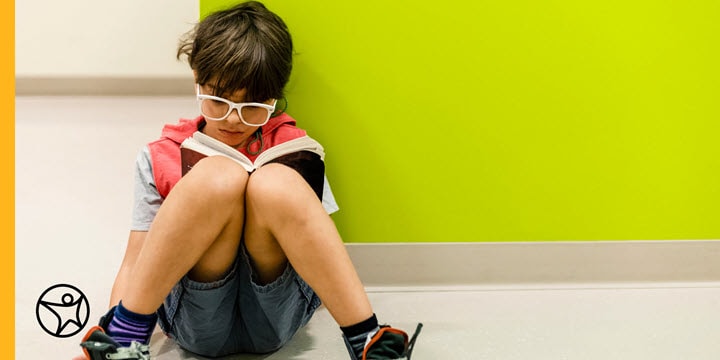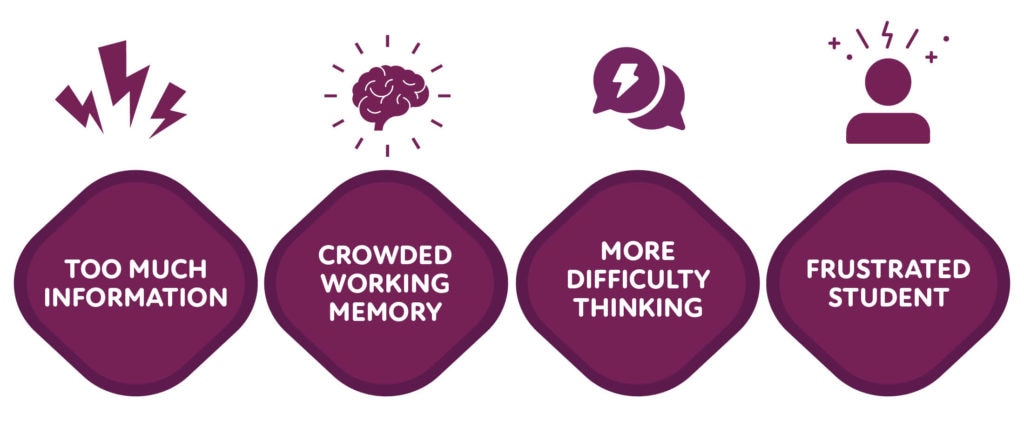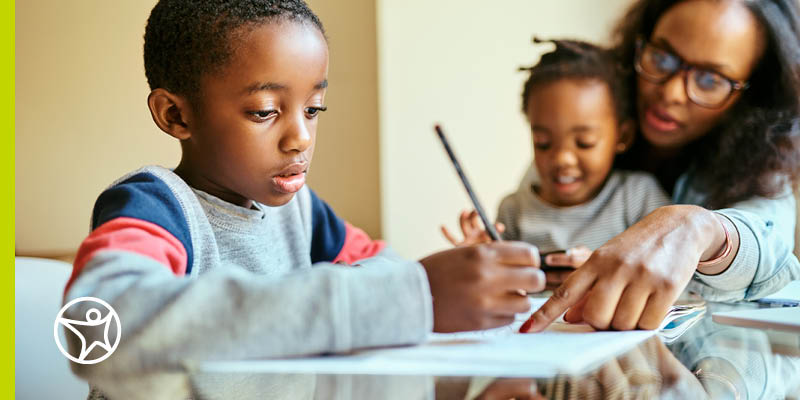Why Do Some Kids Hate School and What to Do About It?
byPhoebe Brown
5 min to read
If you ask most K-12 students what they don't like about school, their lists may be lengthy. While online school students probably won't make the usual complaints about getting up early for long bus rides or eating cafeteria food, their lists will typically include things like taking tests, writing papers, school stress, and having to learn about subjects they may find boring.
But the reality of why kids hate school may actually be a much more surprising answer.
Why Students Say, “I Hate School”
Some students tend to dislike school simply because of how school challenges their own academic abilities. The way some lessons are taught can be hard, effortful, and a slow process for students. Therefore, kids may not hate learning itself, but rather the conditions around learning that make school less appealing.
Schools can often teach in a way that is:
One-size-fits-all
Too much information at once
Not compelling or relevant to a student’s interests
So, even though kids are often naturally curious, students may dislike school if the learning conditions are not right.
What Are Some Reasons Why Kids Hate School
Typically, kids who say they hate school feel frustrated by the parts of their day that feel out of their control or that can easily become overwhelming, which can create barriers to learning for students.
Frustrations with the Learning Process or Environment
Every student learns differently, and what works for one student may not work well for another. Some students may be visual learners who may find it harder to absorb information from a lecture than students who are auditory learners. Other students may struggle to stay focused when reading or taking notes if they aren’t allowed to use a fidget toy in class. Learning environments may be one of the top reasons why kids hate school; a learning environment that is overly stimulating with lights, noise, or distracting students can make school a place where kids do not want to spend their time.
Feeling Bored and Not Challenged Academically
Sometimes students who aren’t challenged academically can grow to dislike school. When kids are bored in class, they may start to lose focus, cause disruptions, become apathetic when participating in class discussions, and they may procrastinate to finish assignments.
Feeling Stressed from Being Overly Challenged Academically
While feeling bored and underchallenged can cause kids to hate school, so can feeling stressed from being too challenged. In this case, kids often feel like they can’t keep up with the coursework, feel like they’re failing, and start to withdraw from school.
Experiencing Social or Emotional Challenges
Students who experience social or emotional challenges may say they don’t like school because they feel anxious or stressed while in a school environment. They may have trouble reading non-verbal cues from others, or they may feel othered from their peers due to limitations outside of their control. Anything that can make kids feel isolated or different can make school very stressful.

Have Learning Disabilities
Like students with social or emotional challenges, students with learning disabilities may not like school because they may feel self-conscious because of how much more difficult learning seems for them than for their peers. For example, if a student struggles to read aloud in class due to dyslexia, they may shrink away from certain courses or school altogether out of shame or embarrassment.
How Can Families Get Kids to Like School?
Families are in an ideal position to better understand their student’s academic interests, challenges, likes, dislikes, and how to make learning conditions more conducive for their student.
Adress Any Causes of Frustration
Identifying the causes of frustration can be an important first step to helping kids like school. For example, if students struggle in a certain subject, it might be time to consider tutoring. Or if students have trouble focusing, reading, or communicating, they may have an undiagnosed learning disability.
Listen to Their Problems
Being an empathetic listener can go a long way with kids. Sometimes, they may think it’s bad that they don’t like school, and they may be afraid to speak up about how they feel. Offering students with open communication can help them feel comfortable sharing.
Talk with Teachers and School Counselors
Teachers are with students every day, and they can see where students are struggling in class. Teachers can also tailor lessons for students based on their needs. For example, if the student has an IEP and needs more time to complete tests or assignments. Additionally, school counselors can talk with students about their frustrations, help them identify areas of friction, provide tips to enhance the learning experience, and guide families with advice they can apply at home to help their student learn how to enjoy school more.
Include Social Activities Outside of School
Social activities outside of school offer students something to look forward to after school is done for the day. These types of extracurricular activities could include playing on a sports team, being part of a school club, participating in music programs, performing in drama or theater clubs, trying art and STEM programs, or volunteer opportunities.
Consider Alternative, At-Home Schools
There is no school that will be the perfect fit for every student. Sometimes, transferring to a new school and changing the learning environment and teaching methods to those found in at-home learning options can make all the difference.
To help your child enjoy school again, you may want to enroll them in:
Hybrid school: A mix of in-person and online classes that can better accommodate students with learning disabilities or those who need to be academically challenged.
Virtual school: Fully online classes for families and their students who want more control of their student’s learning day, from their child’s daily schedule to their direct learning environment.
Help Your Child Enjoy Learning Again with Online School
With time, actively listening, identifying issues, and taking steps to fix them, you can help your student go from hating school to loving. Discover how online school may be an excellent fit for how your student learns by downloading our free eGuide.



